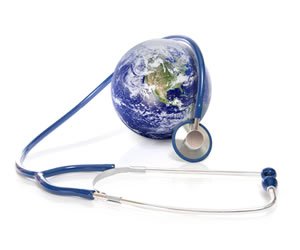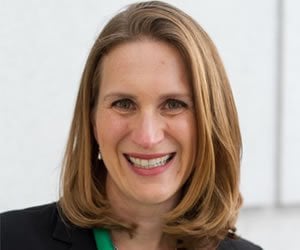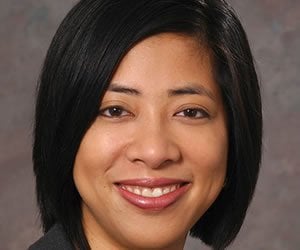
An Intern Gives Thanks
On Thanksgiving, while many my friends and family gather around the table with roasted turkey ... Read more
Written by: Megan Riddle
Published on: November 27, 2014
Learn about medicine and how to become a physician in our articles for pre-medical students (including the MCAT), medical students, resident physicians, and practicing physicians.

On Thanksgiving, while many my friends and family gather around the table with roasted turkey ... Read more
Written by: Megan Riddle
Published on: November 27, 2014

What happens when the healer is the one in pain?
Written by: Ajay Koti
Published on: November 26, 2014

“Go forth and do great things.” – Anonymous No one gets into medical school without ... Read more
Written by: Megan Riddle
Published on: November 24, 2014

You’ve volunteered. You get good grades. You’ve shadowed doctors. You’ve done everything you can to ... Read more
Written by: Marissa Sutera
Published on: November 21, 2014

“Knowing yourself is the beginning of all wisdom.” – Aristotle Even at the time, I ... Read more
Written by: Megan Riddle
Published on: November 17, 2014

The MCAT is a significant hurdle that all students who wish to attend medical school ... Read more
Written by: Anubodh “Sunny” Varshney
Published on: November 12, 2014

As a first-year medical student only a few weeks into gross anatomy, I still have ... Read more
Written by: Brent Schnipke
Published on: November 10, 2014

A look at some possible origins of the myth In light of today’s holiday, I thought ... Read more
Written by: Brent Schnipke
Published on: October 31, 2014

Reposted from here with permission. As a tour guide on interview days for my school, the most ... Read more
Written by: Allison Lyle
Published on: October 29, 2014

Dr. Judy Melinek is a board-certified forensic pathologist in San Francisco, CEO of PathologyExpert Inc., ... Read more
Written by: Juliet Farmer
Published on: October 22, 2014

The Top Twenty – no, wait – Top Twenty-Two – Are You Sure It’s Twenty-Two? ... Read more
Written by: Rusty Reeves
Published on: October 15, 2014

Choosing a field of medicine is likely the most important decision a medical student will ... Read more
Written by: Mimi Knoll
Published on: October 13, 2014

Kornelia Polyak shares her thoughts on the field of medical oncology and offers some advice for students.
Written by: Juliet Farmer
Published on: October 12, 2014

Earning a medical school admissions interview is a significant accomplishment. Many programs adhere to rigorous ... Read more
Written by: Anubodh “Sunny” Varshney
Published on: October 8, 2014

Studying medicine at English-taught medical schools overseas could provide good opportunities for some students.
Written by: Moshe Cohen
Published on: September 29, 2014

When medicine burns you out, find strength in remembering why you're there.
Written by: Jarna Shah
Published on: September 24, 2014

Improper use of an originally a good idea can lead to a medical system focused on group outcomes, not individuals.
Written by: John F. Hunt, MD
Published on: September 17, 2014

Part apology, part advice and explanation, from a resident to medical students.
Written by: Megan Riddle
Published on: September 15, 2014

Jennifer H. Yang shares her thoughts on the field of urology and offers some advice for students.
Written by: Juliet Farmer
Published on: September 12, 2014